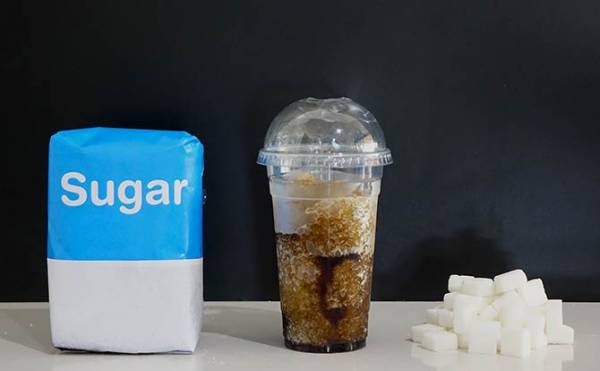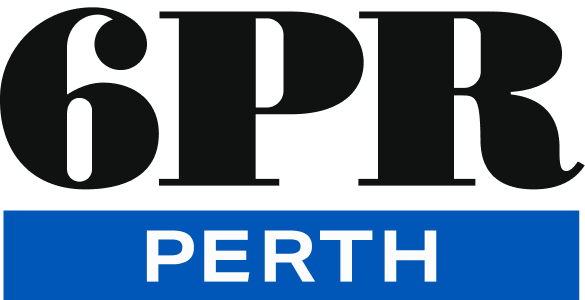SHOCK: concerning amount of sugar in slushies

A recent report has revealed some food outlets, convenience stores, petrol stations and cinemas in Perth are selling slushies containing up to 41 teaspoons of sugar. Almost half of the samples taken were also found to contain sugar levels that were substantially greater than the amount advertised in the online nutrition information panels.
The survey, conducted by Local Health Authorities Analytical Committee, sampled frozen drinks sold at McDonald’s, KFC, 7-Eleven, Hungry Jacks, Coles Express, Caltex and Grand Cinemas.
The worst offending drinks were sold by 7-Eleven and contained more than double the amount of sugar they claimed the products contained.
This means that in the largest size consumers would be drinking 41 teaspoons of sugar in one hit, which is almost six times the World Health Organization’s recommended daily added sugar intake of seven teaspoons.
Speaking with Oliver Peterson, Cancer Council WA’s Obesity Prevention Manager Kelly Kennington says not only is it concerning the drinks are being marketed at children but the industry is “not even being truthful about the amount of sugar.”
“They’re bright, cheap and colourful so they’re really marketed towards kids and particularly teenagers.
“There’s a lot to be worried about.”
Cancer Council WA is calling on the next WA Government to ban advertising of these types of products on government property.
“This type of marketing is making our community sick,” said Ms Kennington
The cost to WA hospitals from overweight and obesity related illness was $338 million in 2016, and is estimated to rise by 80% to $610 million per year by 2026.
Ms Kennington says these drinks can no longer be considered treats anymore.
Click PLAY to listen:
(Photo credit: Cancer Council WA)














